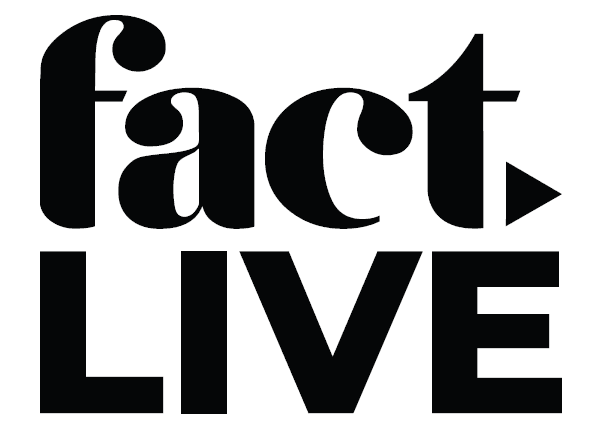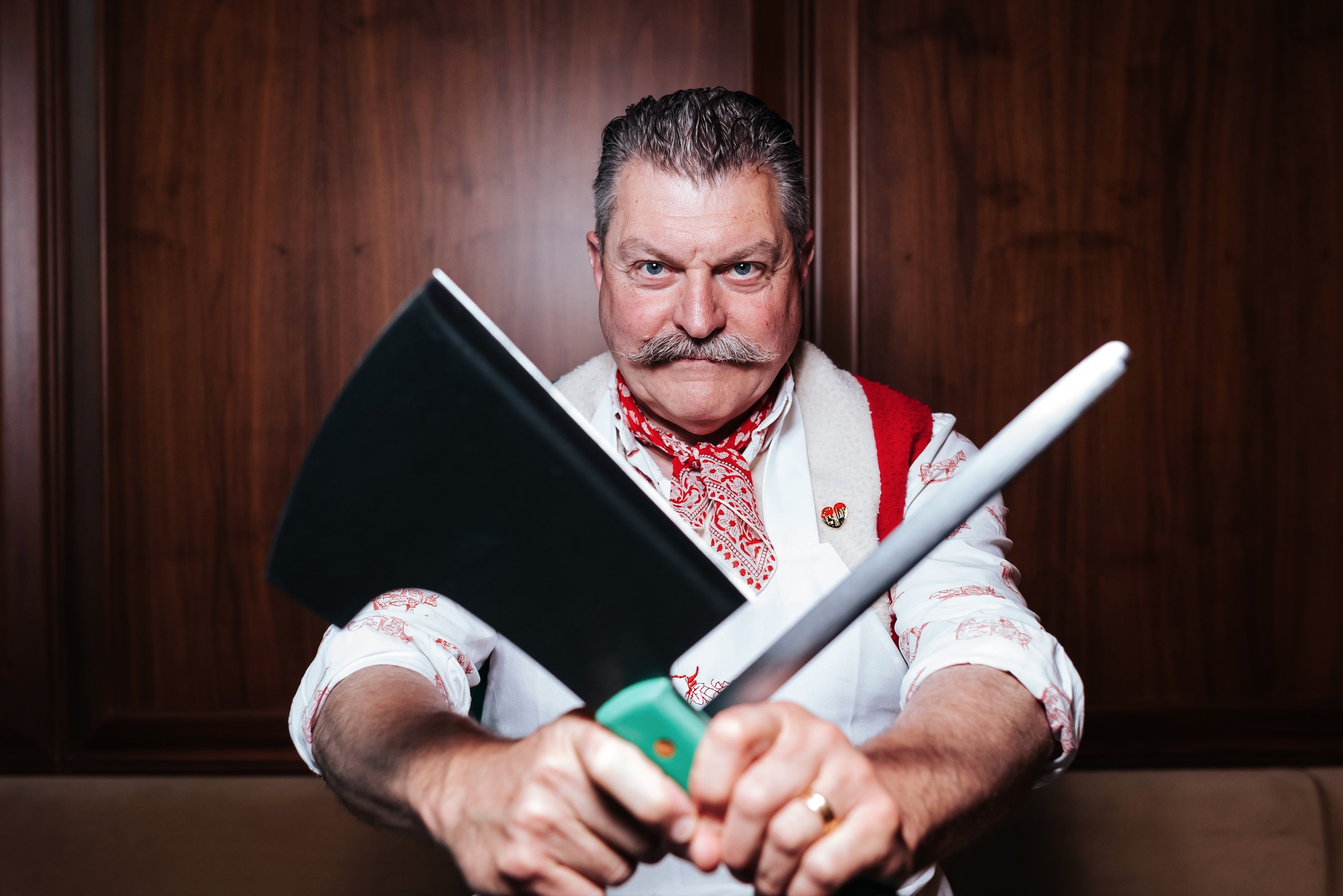During his recent visit to Dubai to open Carna by Dario Cecchini at SLS Dubai Hotel & Residences, we caught up with the legendary butcher and restauranteur to discuss all things meat.
How did you begin your career in butchery?
I was studying Veterinary Science at university when my father died suddenly and unexpectedly. I was called back to my family home where my grandmother and my little sister lived. My mother had passed away years before and I was called back into the butcher shop to support my family. I was the only one who was able to do that.
Has it always been a dream of yours to open a restaurant?
It has not always been my dream to start a restaurant. Opening my first restaurant was a necessity in order to explain my work about sustainability in butchery. It’s about respect for the animals and how to use every part well, from nose to tail. I wanted to show these philosophies in a way that was convivial and it was my way of better explaining my philosophy to my clients than from simply behind a butcher shop counter.
What can diners expect when dining at Carna by Dario Cecchini?
Our guests can expect an experience about the correct way to eat meat. They can expect to see how I have found solutions for using the whole animal. They can expect flavours that we may have thought to be forgotten. Carna is an exchange of ideas between a butcher and a chef.

What are the signature dishes at Carna?
Bistecca Alla Fiorentina, Bollito misto and the Beef heart skewers. These are a couple of the dishes in which I feel that my philosophy and thoughts have been reflected.
How do you source the ingredients for the restaurant and how much do you rely on locally sourced produce?
We locally source some of our produce for the freshness. Even some of the seafood is locally sourced, such as the oysters and we might switch to using local lobsters. As for the shrimp, I’ve had some great local shrimp as well, however our beef is sourced from all over the world.
What are some of the more obscure cuts of meat that we should know about?
Cheek, beef belly, beef heart, tongue. These are perhaps the more obscure cuts that people are using less today, but they should certainly be aware of.
In your restaurants in Italy, you don’t serve the meat with any sauces to ensure the flavours of the product prevail. Will this be the same in Dubai?
In my restaurants in Panzano what we’re serving is quite literally the foods of a butcher from a butcher shop. And there, my guests have an experience that is truly the experience of eating directly from a butcher shop’s kitchen. Here in Dubai, we have a wonderful mix of what I do in the butcher shop and what one normally expects to find in a restaurant. So you’ll find my local Italian olive oil, the Profumo del Chiante herb salt that I produce myself.

How do you eliminate waste, promote sustainability and ensure food traceability with your products?
I eliminate waste by using every part well. And this is how I create a sustainable way of using meat. I make it so that my clients have the possibility of experiencing for themselves that the quality of an animal is not only in the filet or the T bone steak. But it’s also in the belly meat, in the trotter’s meat and in the heart. This is how I avoid waste and how I support sustainability.
Your appearance on Season Six of Netflix’s Chef’s Table introduced you to the masses. How did the episode come about and how has it changed your life?
The producer of Chef’s Table visited our butcher shop almost by accident while he was on his honeymoon with his wife and was treated as I treat all of my guests. A few days later, I received a request to work together with them to create the Chef’s Table episode about my life story. This has been very important to me and not only to me, for I was able to become the testimony, the witness to a craft that has perhaps not been highlighted so much in the past. Perhaps it’s one of the first times that a documentary has been made in the culinary world about a butcher instead of a Chef.
What do you believe restaurants have to do to stay relevant and ensure success during these unprecedented times for the industry?
The most important thing is that when we have a guest in our restaurant, it’s not just about the good food, but it’s also an experience of happiness that we can give to them. The thing that I can do (and not only in these strange times) is to give my guests the experience of authenticity. This is the story of my family. This is the story of food. This is the story of my life.
Was there one person who impacted your decision to become a butcher and restauranteur and who are your culinary inspirations?
My father and my family were butchers for eight generations, passed on from father to son, which was my inspiration. My culinary inspiration was most definitely was my nonna, Elina, who cooked all of the cuts that our clients weren’t interested in, in the most excellent way, thanks to my nonna.



